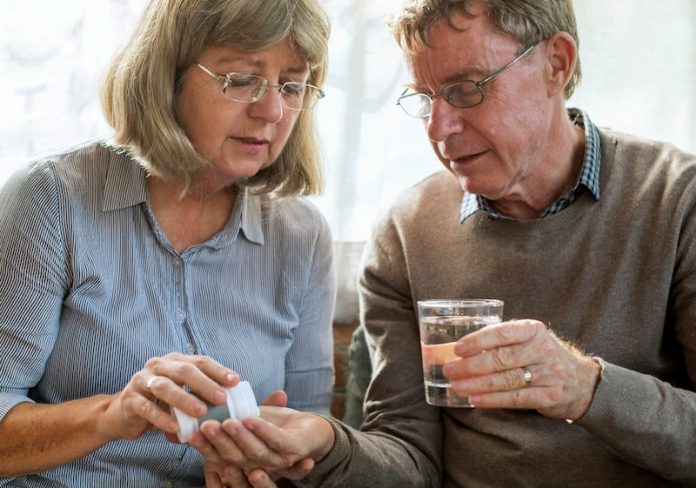
High blood pressure, or hypertension, is a serious condition that can lead to life-threatening complications if left untreated.
Managing it effectively isn’t just about taking the right medication—it may also depend on when you take it.
A groundbreaking study by researchers from the University of Vigo and other institutions has revealed that the timing of blood pressure medication can significantly impact health outcomes.
This six-year study involved over 19,000 participants and found that taking hypertension medication at bedtime can lead to much better results than taking it in the morning.
Why Bedtime May Be Better
Participants who took their blood pressure medication at night experienced notable health benefits compared to those who took it in the morning. These benefits included:
- 45% lower risk of heart attacks, strokes, or heart failure.
- 66% reduced risk of death due to cardiovascular complications.
- 44% decrease in the likelihood of heart attacks.
- 40% lower chance of needing procedures like coronary revascularization.
- 42% reduction in the risk of heart failure.
- 49% lower risk of stroke.
These results suggest that taking medication at night may improve blood pressure control during sleep and help reduce strain on the heart and blood vessels.
Implications for Hypertension Treatment
Most current medical guidelines don’t specify the best time of day to take blood pressure medication. However, this study challenges that approach, showing that nighttime dosing could be more effective in preventing severe cardiovascular problems.
Even with these findings, patients should not adjust their medication schedule without consulting their doctor. Each individual’s health needs are different, and a healthcare provider can offer the best advice based on specific circumstances.
Managing Hypertension Beyond Medication
Medication is a crucial part of managing high blood pressure, but it’s only one piece of the puzzle. A healthy lifestyle also plays a vital role. Here are some key strategies to support blood pressure control:
- Eat a balanced diet: Focus on foods rich in potassium and low in sodium, like fruits, vegetables, and whole grains.
- Stay active: Regular exercise, such as walking, swimming, or cycling, helps strengthen the heart and lower blood pressure over time.
- Manage stress: Chronic stress can raise blood pressure, so finding ways to relax, like meditation or deep breathing, is important.
- Follow medical advice: Adhering to your doctor’s treatment plan is essential for long-term health.
What’s Next?
The research from the University of Vigo is a step toward rethinking how hypertension is managed. While more studies are needed to confirm the benefits of nighttime dosing, this discovery could influence future treatment guidelines.
In addition to medication timing, researchers are exploring natural remedies, such as beetroot juice, for their potential to lower blood pressure. However, before trying any new remedies or making changes to your treatment, it’s important to talk to a doctor.
The Bottom Line
Managing high blood pressure requires a combination of the right medication, timing, and lifestyle changes. This study highlights how something as simple as adjusting the time you take your medication could have a profound impact on your health.
For anyone living with hypertension, staying informed and working closely with healthcare professionals can help achieve better long-term outcomes and improve overall quality of life.
If you care about blood pressure, please read studies about unhealthy habits that could increase high blood pressure risk, and people with severe high blood pressure should reduce coffee intake.
For more information about blood pressure, please see recent studies that early time-restricted eating could help improve blood pressure, and results showing plant-based foods could benefit people with high blood pressure.
Copyright © 2025 Knowridge Science Report. All rights reserved.



